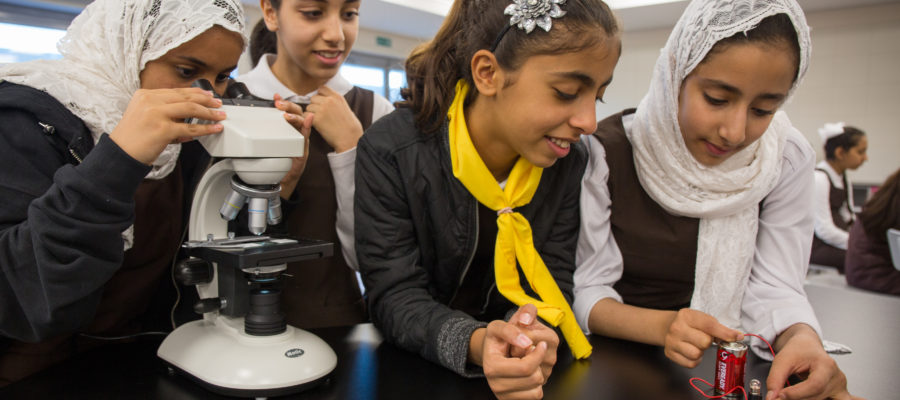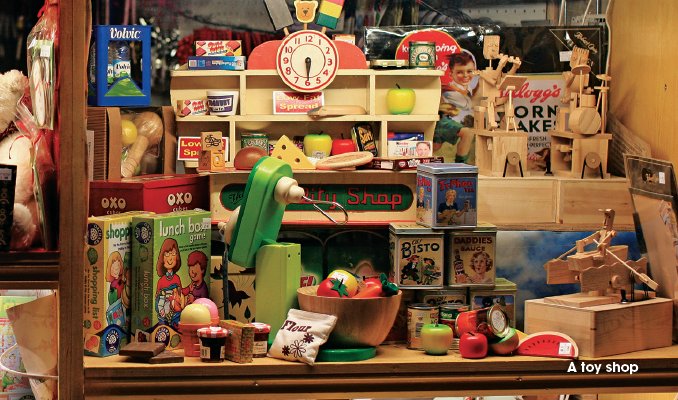Teenagers Today According to Diana Divecha, Ph. D. in developmental psychology, “every generation of teens is shaped by the social, political, and economic events of their time”. So the first question to ask ourselves, as educators of this generation, is: What events are shaping the current generation of teens? Our












